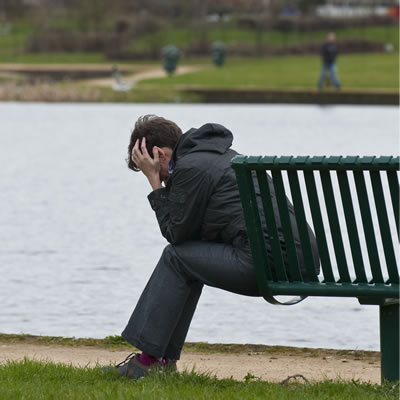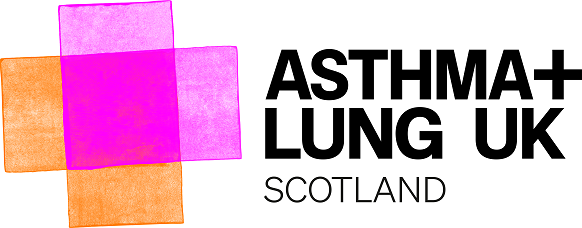
© Crown Copyright 2009
Anxiety can affect us all. It is a normal emotional response to situations we see as threatening to us. We all experience it from time to time. It is part of what is known as our “fight or flight response” Our body reacts by either getting ready to fight or run away.
A child with asthma may feel anxious especially if they have had an asthma attack which can be a very frightening experience.
Symptoms of anxiety to look out for include:
How we feel : worried, scared, uptight.
How we think : difficulty concentrating, fear the worst, mind racing or going over and over the same problem.
How we behave : tense and irritable, can’t relax, avoid certain situations.
How our body responds: feeling sick, heart racing or breathing increases, feeling dizzy or faint, shaking, clammy or sweating, pain from tense muscles.
Not all anxious children and young people will display all of these symptoms.
Anxiety is usually a short term event which passes. If anxiety persists it can affect your child’s mood and stop them from doing what they want to do. Anxiety can affect your child’s thoughts, behaviour and how they cope psychologically.





